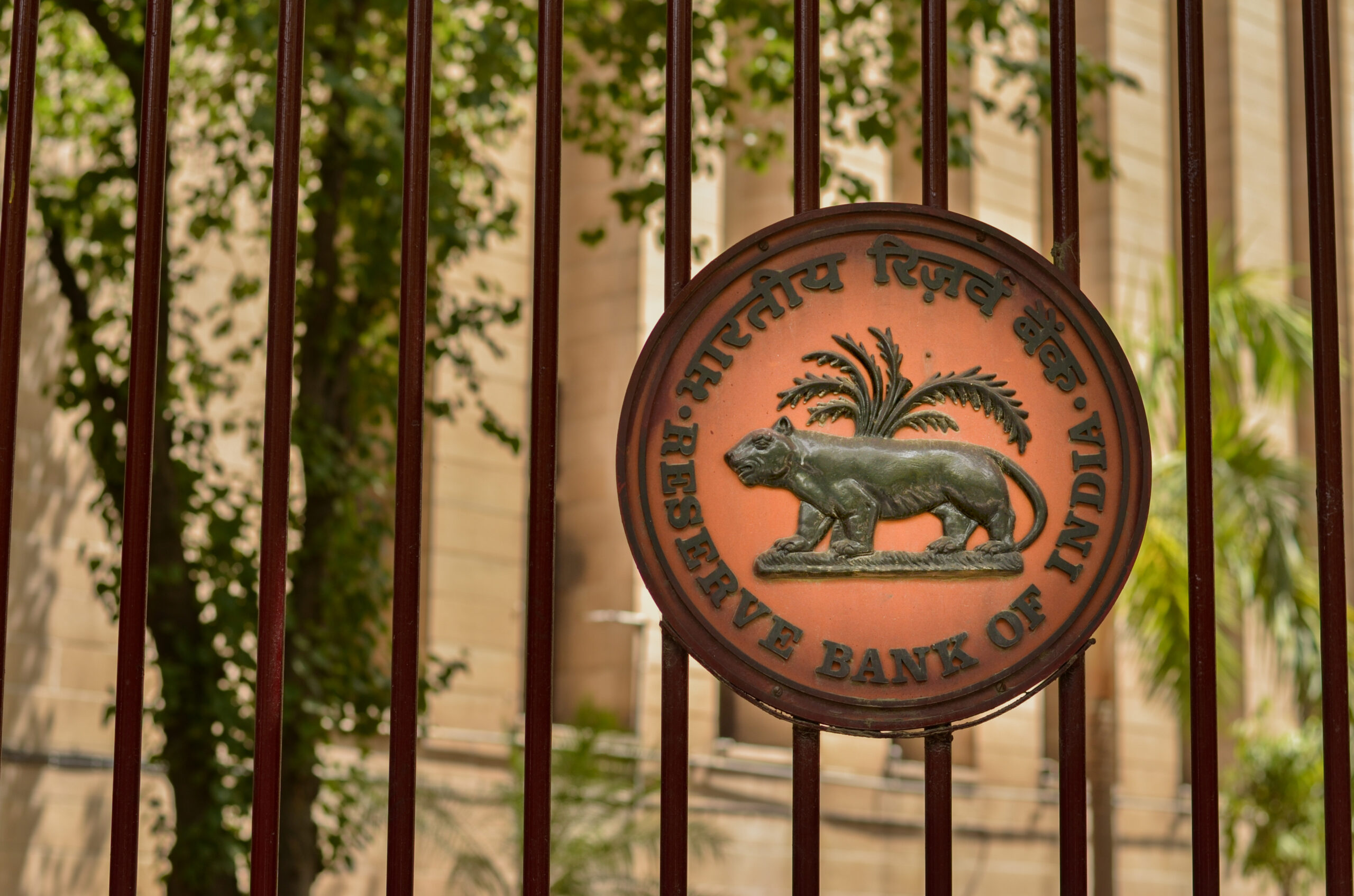 Back
Back
What financial innovation strategies is RBI employing to support FinTechs?
By Puja Sharma
 Shaktikanta Das, the governor of the Reserve Bank of India (RBI), said the central bank would continue to facilitate innovation in the financial sector by taking a participatory and consultative approach.
Shaktikanta Das, the governor of the Reserve Bank of India (RBI), said the central bank would continue to facilitate innovation in the financial sector by taking a participatory and consultative approach.
According to an RBI statement, the governor held a meeting with selected FinTech entities including AgriTechs and some of their associations. Das also urged the FinTechs to pay close attention to governance, business conduct, data protection, customer centricity, regulatory compliance, and risk mitigation frameworks.
“The governor reiterated that the RBI will continue to adopt a participative and consultative approach for facilitating innovations in the financial sector,” added the statement.
Das emphasized that FinTech initiatives and startups are the important segments of aspirational India. According to him, they are playing a transformative role in the financial system through digital innovations and innovative means of delivery of financial services. Governor also accentuated the proactive and supportive role of the RBI in providing a conducive policy environment for responsible innovation, as per the report.
In his introductory remarks, Das stated that FinTech initiatives and start-ups are important segments of aspirational India. They are playing a transformative role in the financial system through digital innovations and innovative means of delivery of financial services, he said. Das highlighted the proactive and supportive role of the RBI in providing a conducive policy environment for responsible innovation.
In his speech on “Banking beyond tomorrow” Das highlighted, Increased Digitalisation, offering personalised services, and Collaboration with FinTechs, he added, “The Indian banking system has undergone significant changes in terms of market structure and competition. The increased adoption of technology by traditional banks through self-upgradation or collaboration with Fintechs is resonating with the idea of new-age banking. This is leading to innovative products and services and newer business models.”
In this context, it is often cited that the banks will face competition from FinTechs which are already making their presence felt within the financial services space. Today’s customers, especially retail customers, expect banks to provide them with quick, reliable, and personalised services. Therefore, to stay relevant, banks would need to embrace newer and tested technologies for effective and timely business decision-making, understanding the needs of their customers, and delivering personalised services to them. Banking beyond tomorrow would necessitate significant investment in technology and organisational capability.
Additionally emphasizing Financial inclusion, financial inclusion has been pursued vigorously with steady improvements as reflected in the Financial Inclusion Index introduced by the Reserve Bank. Receiving digital payments such as wage payments, government cash transfers, and domestic remittances is catalysing the financial inclusion drive. The push provided by the JAM trinity has resulted in increased access to banking services for the unserved and the underserved.
While digital technologies are also offering a powerful way to overcome barriers to accessing banking and financial services, we also need to be sensitive to the requirements of our people to avoid the digital divide. The presence of the human touch in traditional branch banking would still be relevant for customers in many respects.
There is also a need for providing timely and seamless credit to the agriculture and MSME sectors. While the RBI is engaged in encouraging initiatives in areas such as MSME lending through its Regulatory Sandbox, other stakeholders such as banks and fintech companies are also collaborating to provide digital credit delivery mechanisms in cost-effective and hassle-free manner.
IBSi FinTech Journal

- Most trusted FinTech journal since 1991
- Digital monthly issue
- 60+ pages of research, analysis, interviews, opinions, and rankings
- Global coverage
Other Related News
Related Reports

Sales League Table Report 2025
Know More
Global Digital Banking Vendor & Landscape Report Q2 2025
Know More
NextGen WealthTech: The Trends To Shape The Future Q4 2023
Know More
Intelligent Document Processing in Financial Services Q2 2025
Know More


